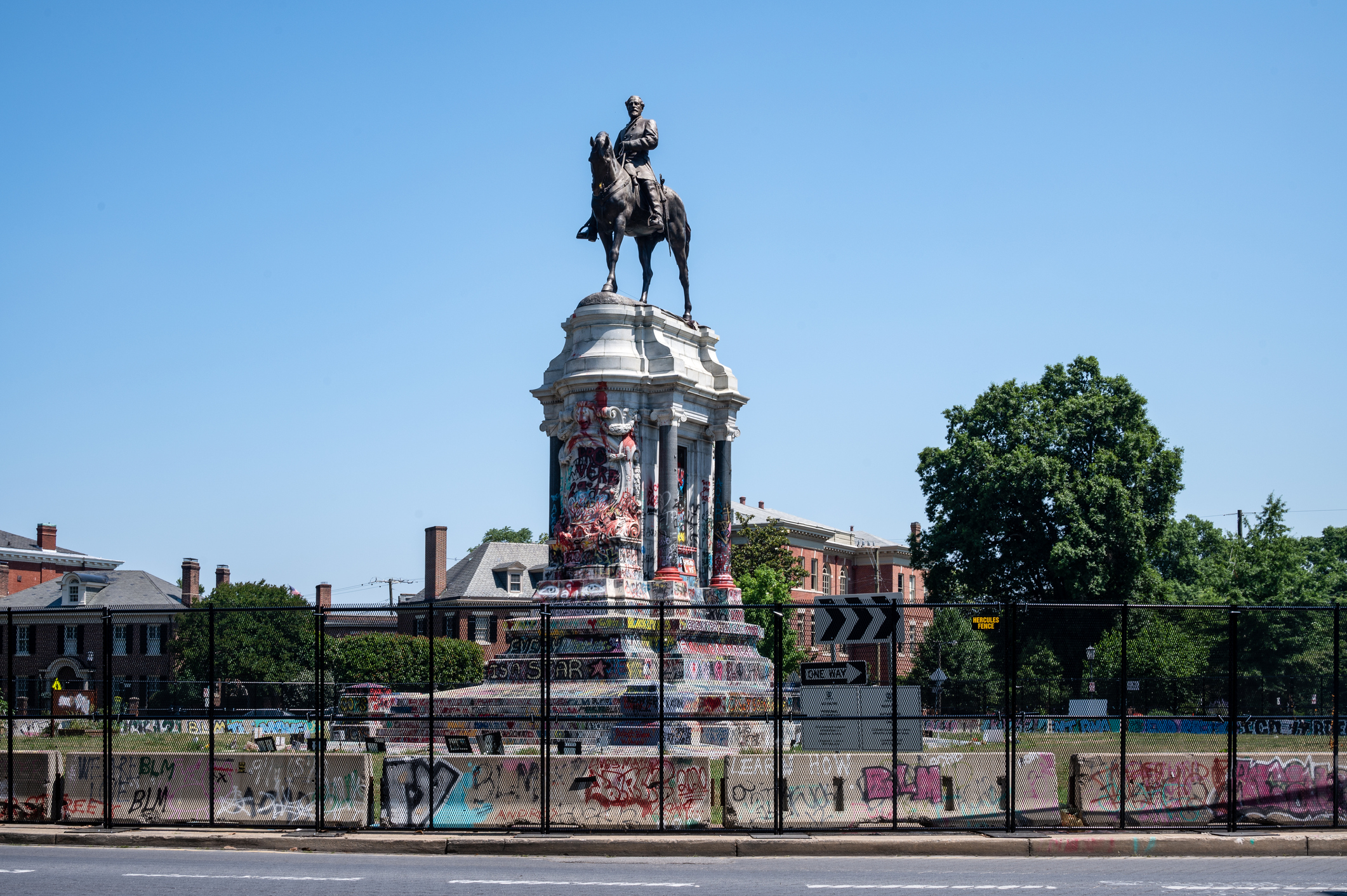
Instructor:
W.E.B. Du Bois (1926) famously argued that “all art is propaganda and ever must be, despite the wailing of the purists.” This course will
engage with art’s political potential as a propagandic tool for social change. For Du Bois, art was a vehicle through which everyday people
could expose and challenge racial injustice in the 20th century. Today, debates over Confederate monuments, removals of Soviet-era
memorials across Eastern Europe, and murals opposing authoritarian governments in Latin America suggest that art is still a powerful medium
for expressing political narratives about the past, present, and future. We will explore the many ways in which artists, activists, community
leaders, and political elites have historically created, commissioned, and manipulated art in public spaces to advance their political agendas. By
engaging with various forms of politically engaged art – including murals, graffiti, monuments, and iconic photographs – we will ask: what
messages do these images and objects communicate to us, and why? How does public art mobilize people into action, foster dialogue around
contentious issues, and challenge or re-entrench social hierarchies and divides?
